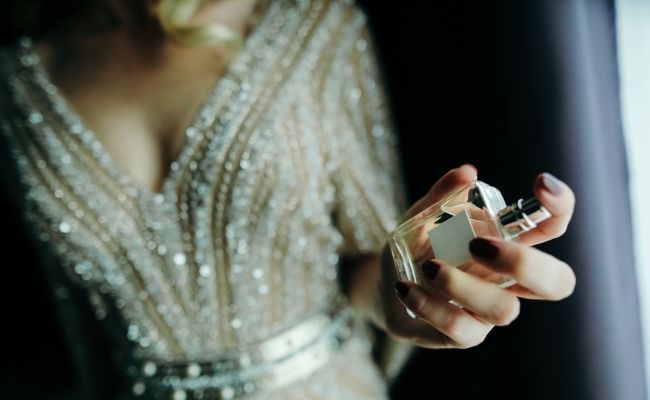The pandemic has certainly had its toll on the luxury sector, and this is especially true for the ‘experimental’ luxury services as global traveling statistics converged to zero in 2020. As always, within the disruption lie many opportunities, as the unstable situation that we currently live in could give space to improvement.
What are the stakes that could be leveraged by influencer marketing solutions? According to the 2020 ifop Luxury trend report, there are 4 main topics to discover and improve:
- [63%] CSR Engagement
- [43%] E-commerce Development
- [41%] “Made In” Production
- [41%] Millenials/Gen Z Recruitment
CSR engagement
We all know that global challenges like the climate crisis or food & water supply scarcity and social imbalances take their toll on humankind, but those brands who step into the spotlight and act accordingly to counter these negative impacts, consumers tend to listen more. This way luxury brands could even act as industry models for mass markets who copy their innovations therefore influencing CSR actions on a broad scale.
These brands can recruit creators who fit their high-profile to encourage their community to do something good for society, or at least be aware of sustainable resources and production processes and vote with their purchases to the responsible producers.
E-commerce development
The pandemic has shown to marketers that in-person experiences like extravagant live shows or shopping in brand stores are something that is highly appreciated by luxury buyers, but within the restrictions, there’s also a huge question mark – how can brands implement those lavish live experiences to the online space. According to this McKinsey study, by 2025 nearly a fifth of luxury sales will be online, so it’s high-time to translate that exclusive atmosphere. Digital live events with star influencers and virtual tours in experience stores could be an effective strategy for implementation.
‘Made in’ awareness
One of the most important factors of a luxury product is usually the ‘made in’ tag next to the 3 Es (Excellence, Expensiveness, and Exclusivity). Influencers can show inspiring content connected to the place of origin or can lift the curtain from behind-the-scene insights on how an item is being produced through carefully attentive quality-controlled processes.
Millennials & Gen Z recruitment
Young generations are most likely to engage with influencers and to be inspired by them, therefore it really makes sense to recruit creators who talk to them in an authentic way. According to another McKinsey article, these youngsters look beyond tangible products and value the mission or purpose. This is also true for the Millennials, who see the accelerated trends and can relate to those interests. These insights refer back nicely to our first point to the development of CSR engagement with creators on board.
Take away
High-profile creators could be a great asset when it comes to implementing previously personal luxury experiences to the online space. They can raise awareness of CSR campaigns (that must connect to real actions) and activate followers to show up on digital live events. Furthermore, the power of influencers can be leveraged to engage and recruit younger generations with authentic, inspiring content that speaks to them personally.

